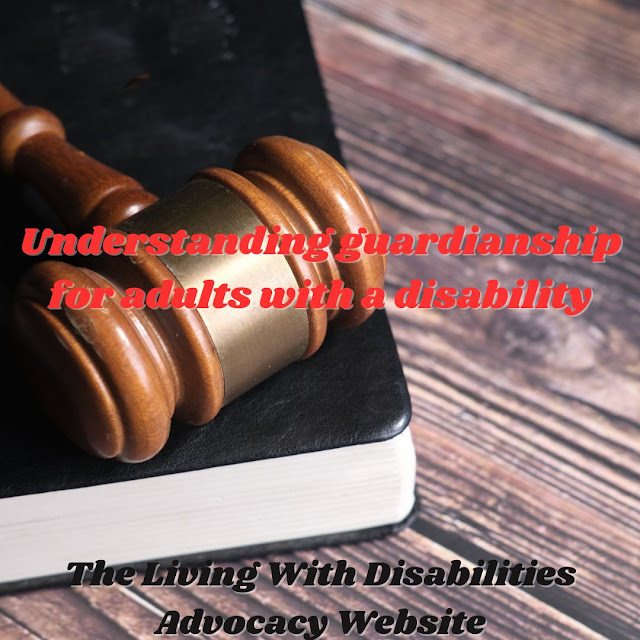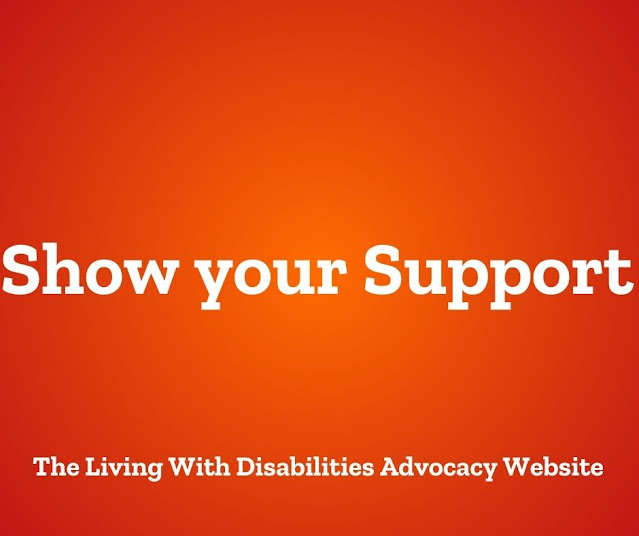How to fix the educational system
Hello everyone, I'm Katrina from Living with Disabilities. You're tuned into the Living with Disabilities, advocacy website dedicated to helping people comprehend the disabled community. The core purpose of our website is to assist society in recognizing the full range of various disabilities and conditions. Accessibility is a key component of this understanding. Without accessibility, there's exclusion. This week, we'll discuss "How can the educational system be fixed?" Let's push 'Dis' aside and focus on the 'Ability' of Living with Disabilities.
As students begin the 2023-2024 school year, summer has not yet officially concluded. They find themselves accompanied by the familiar tune of the "Saved by the Bell" theme song.
Change is often beneficial, but it can present significant challenges, particularly for students with disabilities. The difficulty lies in navigating a world that is not always accommodating to physical or mental disabilities. Accommodations are crucial, but possessing the necessary documentation does not always ensure their implementation. This is because a student or your child's teacher might not agree with the need for such accommodations, a situation that becomes more prevalent at higher levels of education.
What's the importance of grades K-12 in your child's education? K through 12 encompasses the foundational and secondary stages of your child's education, focusing on developing basic skills, general knowledge, socialization, and respect for authority. This period is crucial as it prepares students for higher education, career readiness, and life skills, ultimately influencing their long-term well-being and success. As a student strives for success, gaps in the educational system may become apparent. Parents, guardians, or caregivers can approach the school district to address these issues by engaging in systemic school improvement efforts and effectively communicating organizational change.
Living with Disabilities strongly recommends maintaining an active presence in your child's school and seeking a position on the school board. It's important not just to be active, but to be proactive. Address issues directly as they arise to ensure your concerns are heard and addressed promptly, guaranteeing they receive the attention they deserve without delay.
If your child's accommodations are not being met, you should first contact the school to request a meeting to discuss your concerns. If the issue persists, consider reaching out to advocacy groups or filing a legal complaint. It's important to be aware of your rights and the resources available to ensure your child receives the necessary support.
If your child is dealing with an ineffective teacher, it's important to address the situation carefully. Consider setting up a meeting with the teacher to discuss your concerns. If the issue persists, escalate the matter to the school administration for further assistance.
To be a proactive listener when your child is expressing concerns about their teacher's behavior, it's important to remain open and attentive. Show empathy, ask clarifying questions, and provide a safe space for them to speak freely without judgment.
To contact your child's teacher, consider scheduling an appointment for a private and focused conversation. Organize your thoughts and jot down key points you wish to discuss beforehand. Be concise and clear for effective communication and listen to the teacher's perspective. If there are specific issues, collaborate on actionable steps to support your child's academic progress. Alternatively, digital communication through email, text messaging, or educational apps can be an efficient way to stay in touch.
To gather evidence of a teacher's behavior during learning hours, consider using various observation methods and tools such as running records, checklists, frequency counts, anecdotal records, work samples, learning stories, and technology. These techniques help document and provide objective evidence of the teacher's interactions and instructional practices. Living with Disabilities strongly advises arranging a meeting with the principal to discuss your observations and their impact on your child's academic performance.
As a parent, your responsibilities extend further; if there's no noticeable improvement, consider requesting a change of class and collectively address any concerns regarding the teacher. Become proactive in your child's school life; not only should you participate in board meetings, but also stay aware of the activities happening around them.
Understanding the maze of the educational system enables one to swiftly identify various solutions and prevent minor issues from escalating. This underscores the importance of parental involvement in a child's education, regardless of age. It goes beyond celebrating an A+ on a report card; it's about ensuring that the educational system is also performing excellently in its role.
Parents, guardians, and caregivers, it's important to remember: "Your child's educational journey is about striving for success, even through the tears they may shed from not wanting to leave your side." Numerous obstacles will arise in their path, and the most challenging ones will require your intervention, as they may be unable to overcome them alone. So, never let your mind become dull; always strive to keep it sharp." -Katrina, The host of Living with Disabilities.
Living With Disabilities Presents: The Advocacy Table
a space created for people with disabilities to be able to have freedom of speech and talk on different topics surrounding the disability community. To get more details, check out The Advocacy Table. To become a panelist, write into the show and let the host know what topic you want to talk about. She will then send out a group email to all panelists after the show has reached five or ten people. After the show, a survey will be emailed to you, and we would love to get your feedback.
If you need online support, Disability Safe Haven is great for receiving support. The We Care Team is very protective of its members and asks everyone who joins, to have a profile picture and answer the security questions.
Another online support, Living With Cerebral Palsy, is great for people with cerebral palsy and for family and friends who want to learn more about different types of cerebral palsy and how to support their loved ones who have it. This group has open and closing hours and a 24/7 chatroom. Open and closing hours are based on United States time zones.
If you are looking for Virtual fun, a group filled with creative activities, and a space where you build on friendship. United By Creative Minds, is a space for people with disabilities only! Must have a profile picture and answer the security questions.
Podcast Link




Comments
Post a Comment